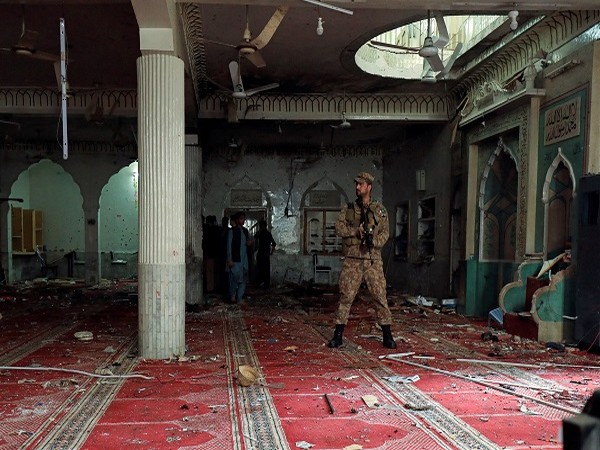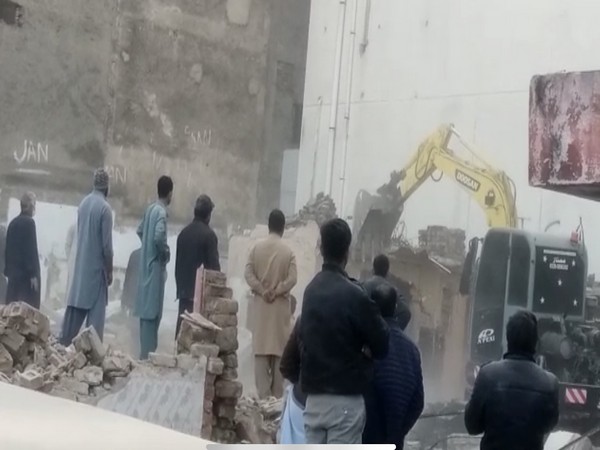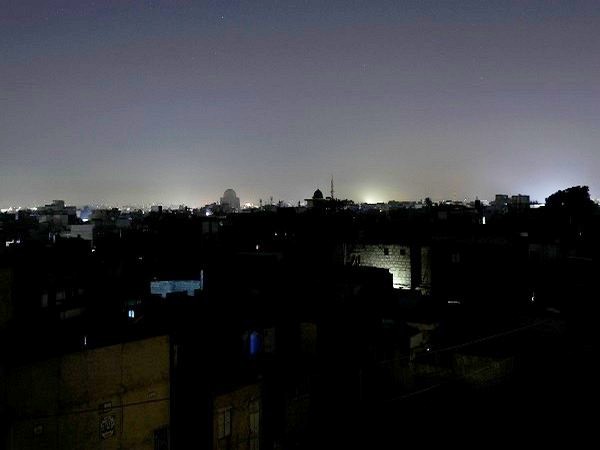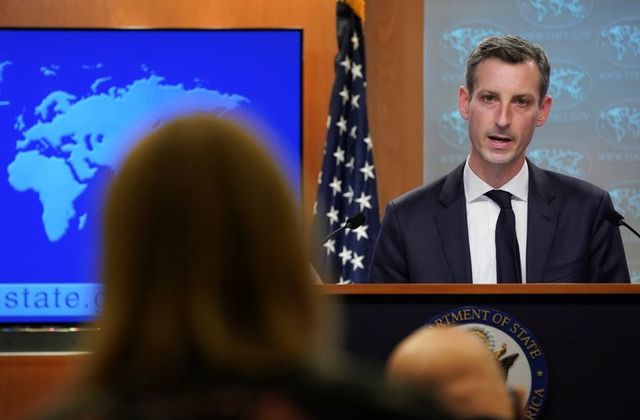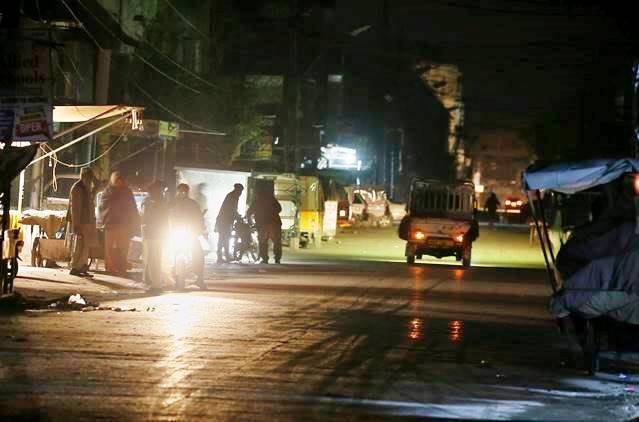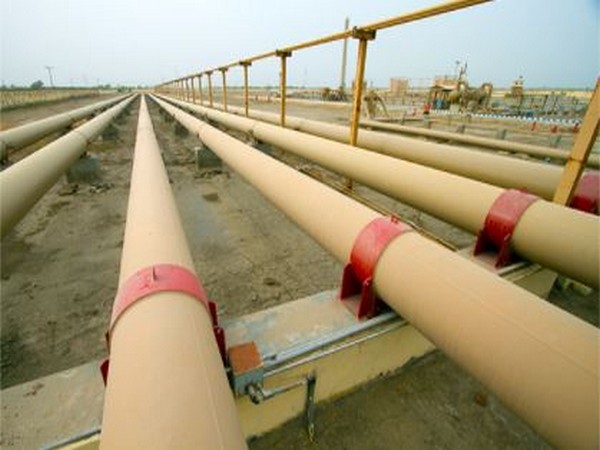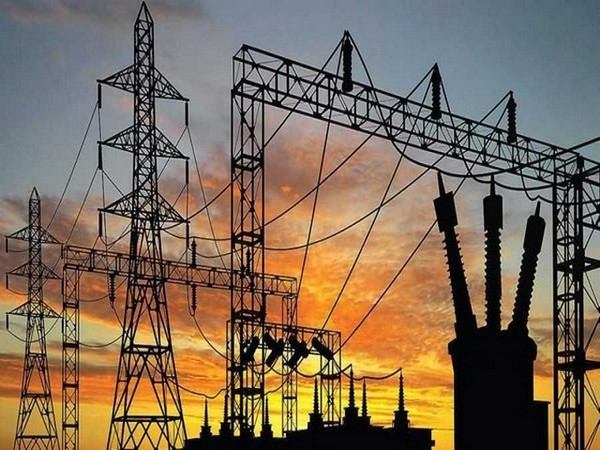The death toll has risen to 44 in the suicide blast that took place in a mosque in the Police Lines area of Peshawar in Pakistan on Monday, according to Dawn.
The casualties were confirmed by Peshawar Commissioner Riaz Mehsood, who also stated that a rescue attempt was ongoing within the mosque.
“An emergency has been imposed at hospitals across the city and injured persons are being provided the best medical facilities,” Dawn reported citing the senior official as saying. Those who are injured in the blast, are reportedly said to be in critical condition.
The blast took place in the mosque located in the Police Lines area of Peshawar during afternoon prayers.
The security officials said that the suicide attacker was present in the front row during the prayers when he exploded himself, as per local media reports. The injured were taken to the Lady Reading Hospital of Peshawar for treatment.
(ANI)
An eyewitness said that there were at least 120 people in the mosque when the explosion took place. He said that the injured mostly included police personnel.
Former Pakistan Prime Minister Imran Khan has condemned the terrorist suicide attack in a mosque in Peshawar. He called for improving intelligence and equipping police forces.
“Strongly condemn the terrorist suicide attack in police lines mosque Peshawar during prayers. My prayers & condolences go to the victims’ families. It is imperative we improve our intelligence gathering & properly equip our police forces to combat the growing threat of terrorism,” Khan wrote in a tweet.
The area has been completely sealed and only ambulances are being allowed to enter the locality, according to Dawn. (ANI)
Read more: http://13.232.95.176/
